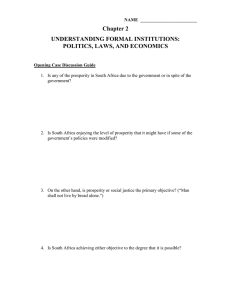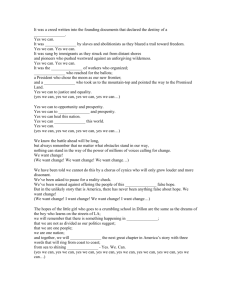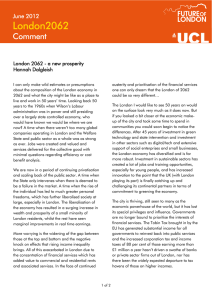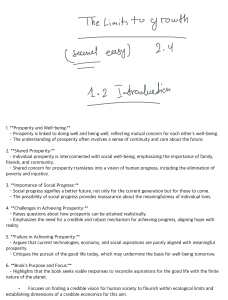Secular Models of History Writing The Histories
advertisement
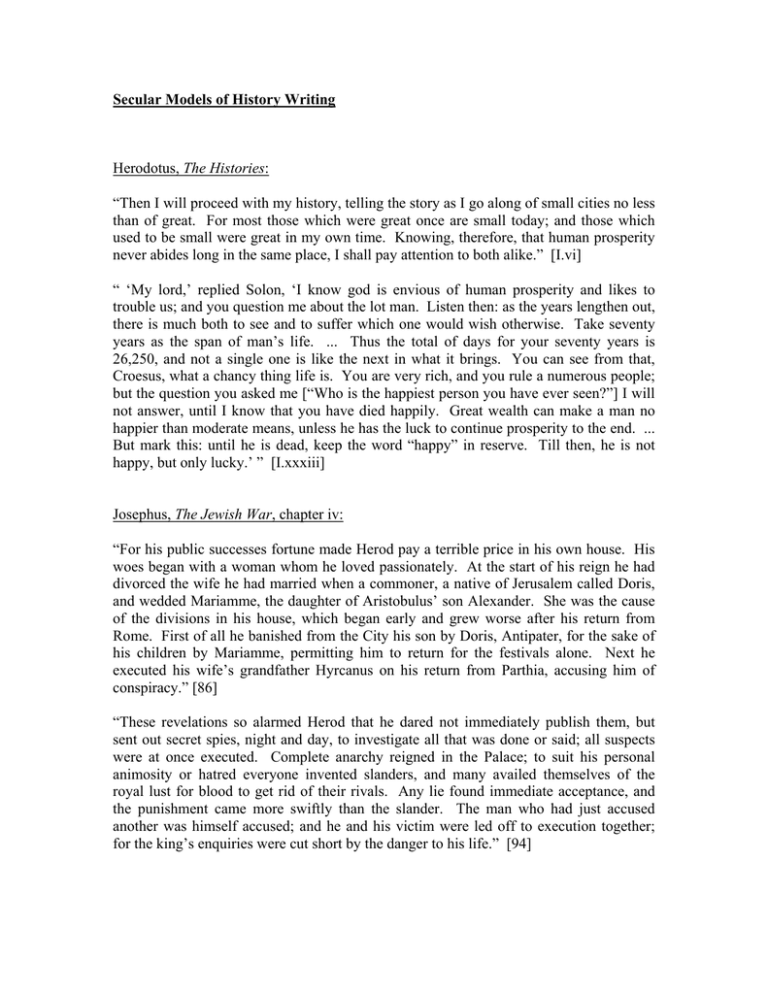
Secular Models of History Writing Herodotus, The Histories: “Then I will proceed with my history, telling the story as I go along of small cities no less than of great. For most those which were great once are small today; and those which used to be small were great in my own time. Knowing, therefore, that human prosperity never abides long in the same place, I shall pay attention to both alike.” [I.vi] “ ‘My lord,’ replied Solon, ‘I know god is envious of human prosperity and likes to trouble us; and you question me about the lot man. Listen then: as the years lengthen out, there is much both to see and to suffer which one would wish otherwise. Take seventy years as the span of man’s life. ... Thus the total of days for your seventy years is 26,250, and not a single one is like the next in what it brings. You can see from that, Croesus, what a chancy thing life is. You are very rich, and you rule a numerous people; but the question you asked me [“Who is the happiest person you have ever seen?”] I will not answer, until I know that you have died happily. Great wealth can make a man no happier than moderate means, unless he has the luck to continue prosperity to the end. ... But mark this: until he is dead, keep the word “happy” in reserve. Till then, he is not happy, but only lucky.’ ” [I.xxxiii] Josephus, The Jewish War, chapter iv: “For his public successes fortune made Herod pay a terrible price in his own house. His woes began with a woman whom he loved passionately. At the start of his reign he had divorced the wife he had married when a commoner, a native of Jerusalem called Doris, and wedded Mariamme, the daughter of Aristobulus’ son Alexander. She was the cause of the divisions in his house, which began early and grew worse after his return from Rome. First of all he banished from the City his son by Doris, Antipater, for the sake of his children by Mariamme, permitting him to return for the festivals alone. Next he executed his wife’s grandfather Hyrcanus on his return from Parthia, accusing him of conspiracy.” [86] “These revelations so alarmed Herod that he dared not immediately publish them, but sent out secret spies, night and day, to investigate all that was done or said; all suspects were at once executed. Complete anarchy reigned in the Palace; to suit his personal animosity or hatred everyone invented slanders, and many availed themselves of the royal lust for blood to get rid of their rivals. Any lie found immediate acceptance, and the punishment came more swiftly than the slander. The man who had just accused another was himself accused; and he and his victim were led off to execution together; for the king’s enquiries were cut short by the danger to his life.” [94]
